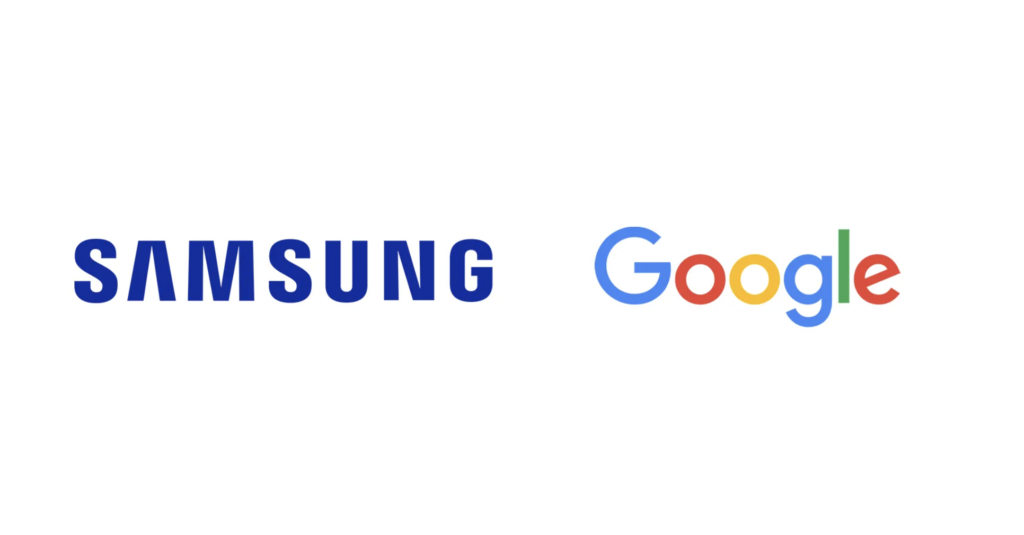Samsung Smart Glasses: A New Frontier in Wearable Technology

Exciting Samsung and Google Partnership
Samsung is currently working on its innovative Samsung smart glasses, which will serve as a competitor to the popular Ray-Ban Meta glasses. These new smart glasses aim to integrate Google’s Gemini AI technology. This ambitious project has received approval, following extensive discussions between executives at Samsung and Google on the features and functionalities of these upcoming smart glasses.
Determining the Optimal Technology
According to insights from The Information, there has been considerable debate within Google regarding whether to create advanced augmented reality (AR) glasses or to opt for a simplified version akin to the Ray-Ban Meta glasses. Ultimately, the choice favored the creation of more accessible Samsung smart glasses. This decision highlights a strategic approach that balances cutting-edge technology with user-friendliness, which is vital for capturing consumer interest.
Trademark Developments Hinting at the Future
This exciting announcement follows nearly a year after Samsung proactively filed a trademark for “Samsung Glasses” in the UK. This strategic move potentially hints at the name of their future product, further demonstrating the company’s commitment to entering the smart glasses market.
Facing Challenges in a Competitive Environment
Although the collaboration between Samsung and Google presents a promising opportunity, they will encounter significant challenges in bringing these Samsung smart glasses to market. One of their biggest obstacles is the absence of EssilorLuxottica, a vital partner for Meta that dominates the global eyewear market with well-known brands like Ray-Ban and Oakley. The presence of these established companies makes for a steep competitive ladder in the eyewear industry.
Partnership Hurdles from the Past
Reports from July revealed Google’s aspirations to partner with EssilorLuxottica to strengthen their market position against Meta. However, these ambitions fell short as Meta and EssilorLuxottica announced an extended partnership just last month, focusing on the future development of innovative smart eyewear and solidifying Meta’s status in the competitive landscape.
Advancing into the Mixed Reality Arena
Beyond Samsung smart glasses, Samsung and Google are also joining forces to introduce a high-end mixed reality headset that will rival Apple’s Vision Pro. This endeavor has been in the pipeline for several years now, with Google overseeing the software side while Samsung develops the hardware, using Qualcomm’s advanced XR2+ Gen 2 chipset. However, delays may push the anticipated launch of this product further into 2025.
The Growing Smart Glasses Landscape
The collaboration between Samsung and Google highlights a significant trend within the tech industry: the surge of wearable technology. With competition intensifying, the entry of new players like Samsung promises to revitalize the smart glasses market, ensuring it remains dynamic and evolving.
Exciting Features of Samsung’s Smart Glasses
While specific features of the new Samsung smart glasses are yet to be confirmed, the integration with Google Gemini AI hints at some exciting advancements in functionality. Potential features may include:
- Enhanced Visual Display: Improved clarity and vividness for augmented reality experiences.
- Smart Notifications: Real-time alerts and updates in a user-friendly interface.
- Voice Commands: Implementing AI-driven voice control for easier navigation.
- Fitness Tracking: Features aimed at fitness enthusiasts, including activity monitoring capabilities.
- Seamless Connectivity: Effortless pairing with smartphones and other devices for enhanced experiences.
What Lies Ahead for Smart Glasses?
As the landscape of smart eyewear continues to evolve, Samsung’s initiative underscores the competitive environment surrounding future technology, while the alliance with Google emphasizes the vital role of partnerships in overcoming market challenges.
The Role of Design and Branding
The success of the Samsung smart glasses depends not only on the technology but also on design and brand identity. Many consumers prioritize the aesthetic and comfort of smart glasses just as much as their functionality. Samsung must ensure that these glasses are stylish, comfortable, and appealing to a diverse audience to carve out a unique space in the market.




0 Comments